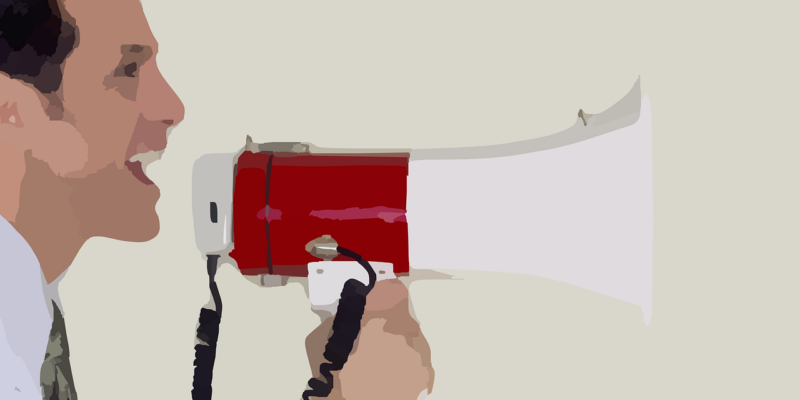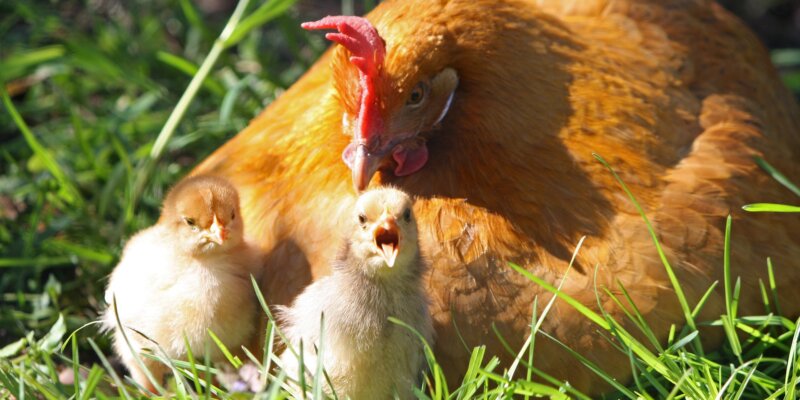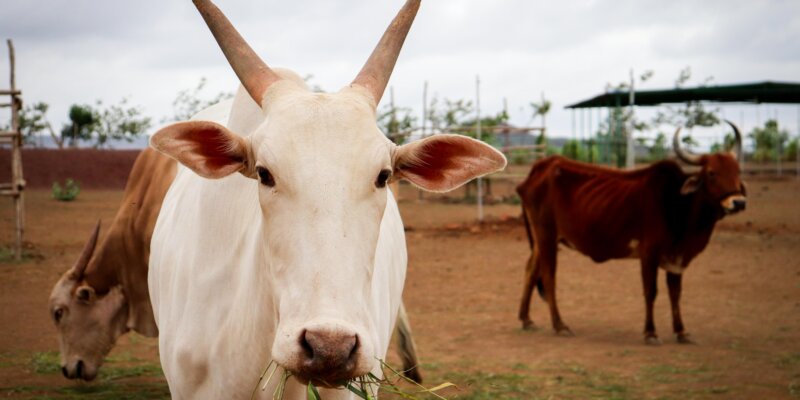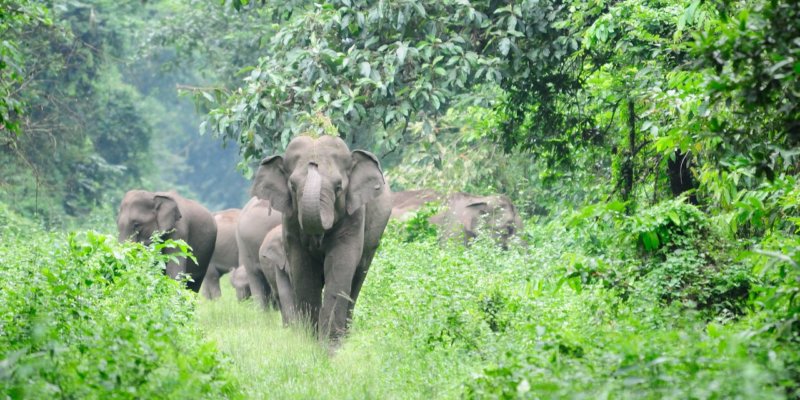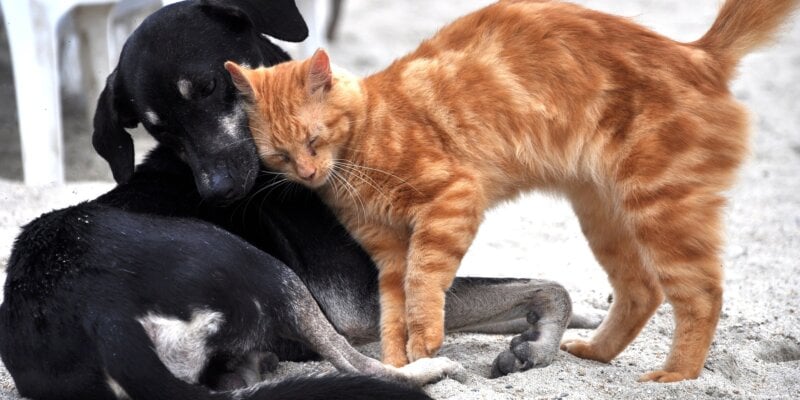Caging Birds? You Could End Up Behind Bars, Warn Wildlife Crime Control Bureau and PETA India
For Immediate Release:
16 June 2022
Contact:
Hiraj Laljani; [email protected]
Harshil Maheshwari; [email protected]
Delhi – After People for the Ethical Treatment of Animals (PETA) India tipped off Delhi police, leading to the recent rescue of thousands of Indian birds protected under the Wild Life (Protection) Act (WPA), 1972, from illegal traders in Kabutar market, Chandni Chowk, the group has now teamed up with the Wildlife Crime Control Bureau (WCCB) to erect billboards in the area, reminding everyone that buying and selling such birds can result in a fine – and even jail time.
The billboards are located at Kabutar Market, Meena Bazaar in Jama Masjid and at Jama Masjid Metro Station, Gate no. 2 Exit, towards Meena Bazaar.
Hill mynas – among the species of bird seized by the police during the raid – are protected under Schedule I of the WPA, 1972, and an offence involving them is punishable with a prison sentence of up to seven years and a fine of at least Rs 10,000. The other rescued birds – parakeets and muniyas – are protected species under Schedule IV of the WPA, 1972, and an offence involving them may lead to imprisonment for up to three years or a fine of up to Rs 25,000 or both.
“Illegal bird trade of our wild species as well as exotic species is rampant across the length and breadth of our country. In spite of stringent legal provisions and enforcement action, this crime continues unabated. It is time that we say no to illegal bird trade and help spread awareness to stop demand domestically as well as internationally,” says Tilotama Varma, Additional Director, WCCB.
“Birds deserve to fly, play, and nurture their young, not languish in cages,” says PETA India Senior Advocacy Officer Harshil Maheshwari. “The ad blitz by PETA India and the Wildlife Crime Control Bureau is a reminder that buyers and sellers of protected animals could end up locked away, just like the vulnerable birds they imprison.”
The police raid occurred after representatives of PETA India found the parakeets crammed on top of each other in tiny cages in small, dark, unventilated rooms, suffocating and jostling for air and space. Baby parakeets were stuffed on top of each other in tiny cardboard boxes. Many dead birds were found trapped between the wire mesh of the cages and on the floor – some of the bodies had even started decaying.
In nature, birds engage in social activities, such as taking sand baths, playing hide-and-seek, dancing, and building nests with their mates. But when they’re caged, these vibrant animals become depressed and withdrawn. They often over-preen themselves to the point of mutilation. Some people forcefully clip birds’ wings so that they can’t fly away.
PETA India – whose motto reads, in part, that “animals are not ours to abuse in any way” – opposes speciesism, a human-supremacist worldview. For more information, please visit PETAIndia.com or follow the group on Twitter, Facebook, or Instagram.
#



